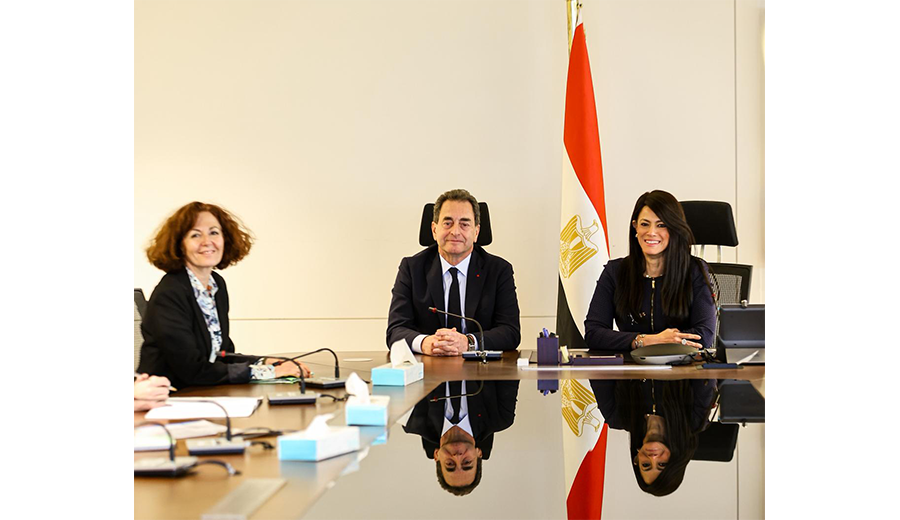NIGSD is launching the third phase of its professional-level "Be an Ambassador" initiative

18 September 2023
Dr. Sherifa Sherif, Director General, National Institute of Governance and Sustainable Development (NIGSD), Department of Education, Ministry of Planning and Economic Development, organized the third batch of TOT training for trainers. "Be an Ambassador" initiative, which runs until November 23, 2023.
In her speech, Dr. Sherifa Sherif referred to the establishment of NIGSD, its vision, and the training programs it offers to spread the culture of governance and sustainable development, values and practices of sustainable development, and the activation of governance mechanisms in all sectors as part of the implementation of Egypt's Vision 2030 goals.
Sherif emphasized that the institute has a clear competitive advantage over other educational institutions because it forges partnerships with research centers, think tanks, and national, regional, and international educational institutions.
In the third part of the "Be an Ambassador" initiative, Sherif went through the stages of the evaluation process that participants go through at the professional level (Training of Trainers TOT), which ends with the participant receiving an accredited sustainability ambassador certificate. Sherif emphasized the important role of the initiative's graduates in educating university, work, and family colleagues to bring the culture of sustainable development to as many citizens as possible.
Sherif noted that 1,125 trainees participated at the professional level, including 720 women and 409 men, representing all the governorates of the republic, and 24 Egyptian universities were selected to participate in the initiative.
The participating groups include 13 decision-makers, 52 from the Egyptian Red Crescent Society, 16 from the Misr Al Khair Foundation, 42 from the Zewail Science and Technology Campus, 195 from the Student Council, and 15 from the community institutions of the city.
It is worth noting that the learning system of the initiative has been updated and divided into two phases.
The first stage takes place through Estidama Institute's online training platform and includes introductory and expert levels. In addition to the principles of sustainable development, some personal skills such as resume writing, public speaking, team building, marketing, self-marketing, time management, emotional intelligence, negotiation skills, and sustainable finance are introduced at the introductory level.









